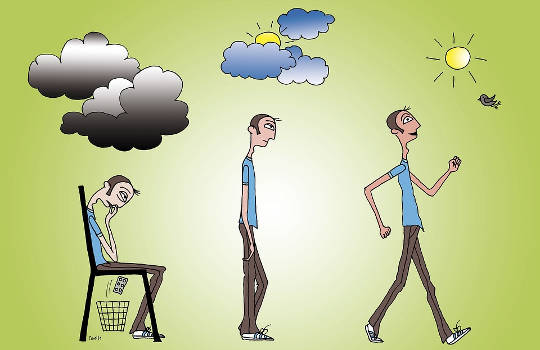 My body was crying out for healing and for me to allow my passion and purpose to come forward. This was not an easy task, and I will say that it did not happen overnight. It took time and patience.
My body was crying out for healing and for me to allow my passion and purpose to come forward. This was not an easy task, and I will say that it did not happen overnight. It took time and patience.
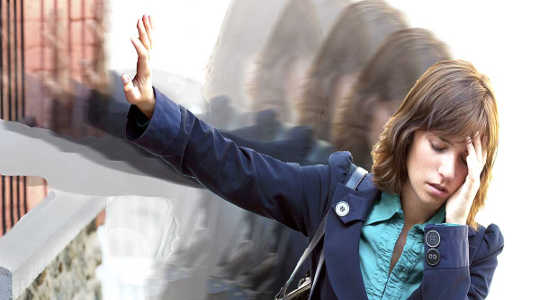 Over one million Americans faint every year, and countless more do worldwide. Fear, pain, the sight of blood or prolonged standing – think the long lines of summer travel – can trigger fainting.
Over one million Americans faint every year, and countless more do worldwide. Fear, pain, the sight of blood or prolonged standing – think the long lines of summer travel – can trigger fainting. ![]()
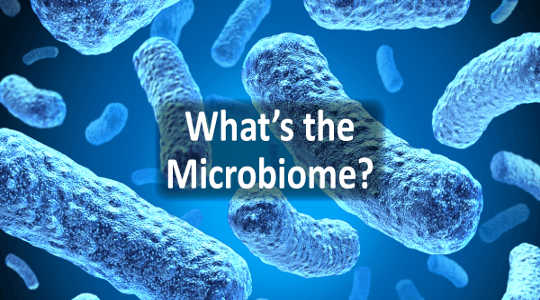 The trillions of bacteria living in our gut (called the gut microbiota) can help determine our risk of cancer, as well as how we might respond to cancer treatment.
The trillions of bacteria living in our gut (called the gut microbiota) can help determine our risk of cancer, as well as how we might respond to cancer treatment.
 There have been some noteworthy examples of successful human aging in the press recently.
There have been some noteworthy examples of successful human aging in the press recently.
 People who add energy drinks to alcohol have a higher risk of injury from car accidents and fights, compared to those who drink alcohol straight. This is the conclusion of a meta-analysis of 13 studies published in March in the Journal of Studies on Alcohol and Drugs.
People who add energy drinks to alcohol have a higher risk of injury from car accidents and fights, compared to those who drink alcohol straight. This is the conclusion of a meta-analysis of 13 studies published in March in the Journal of Studies on Alcohol and Drugs. ![]()
 The most scientific approach to healing doesn’t ever focus on just one small part of the human body, let alone ignore the role of thoughts, beliefs, and emotions in our health. You get the best results by addressing the whole person.
The most scientific approach to healing doesn’t ever focus on just one small part of the human body, let alone ignore the role of thoughts, beliefs, and emotions in our health. You get the best results by addressing the whole person.
- By Marc David
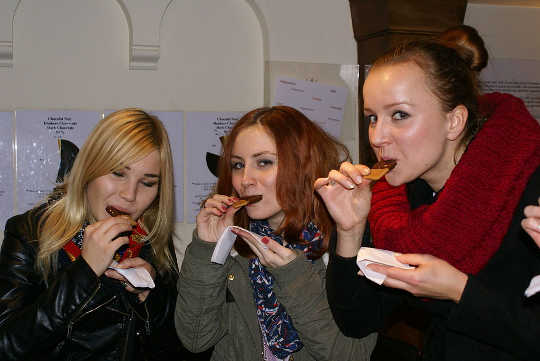 Vitamin P—pleasure—is a vital element that makes our meals nutritionally complete and makes life worth living. Like all organisms on the planet, we humans are genetically programmed to seek pleasure and avoid pain. A cat chasing a mouse is seeking pleasure; the unfortunate rodent is doing its best to avoid pain.
Vitamin P—pleasure—is a vital element that makes our meals nutritionally complete and makes life worth living. Like all organisms on the planet, we humans are genetically programmed to seek pleasure and avoid pain. A cat chasing a mouse is seeking pleasure; the unfortunate rodent is doing its best to avoid pain.
 Young children who recognize food name brands, like Lucky Charms, M&M’s, and Cheetos are more likely to make unhealthy choices and be at higher risk of obesity later, say researchers.
Young children who recognize food name brands, like Lucky Charms, M&M’s, and Cheetos are more likely to make unhealthy choices and be at higher risk of obesity later, say researchers.
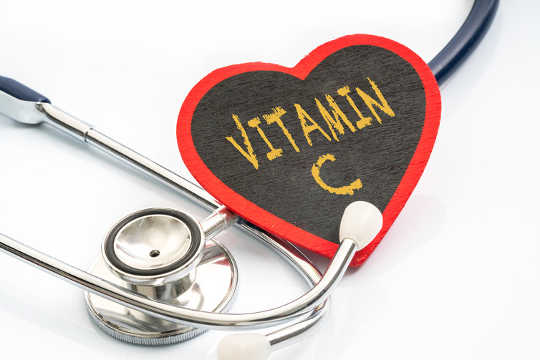 For decades, some people have embraced the idea that there might be major health benefits from taking vitamins in quantities well beyond the recommended daily requirement.
For decades, some people have embraced the idea that there might be major health benefits from taking vitamins in quantities well beyond the recommended daily requirement.
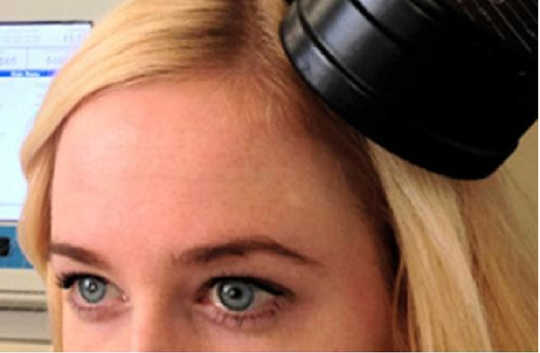 Interest in electrical brain stimulation has skyrocketed in recent years, both in the popular media and scientific literature.
Interest in electrical brain stimulation has skyrocketed in recent years, both in the popular media and scientific literature. ![]()
 People post millions of food photos on Instagram every day. New research suggests this could be a way to track food intake for weight loss or fitness.
People post millions of food photos on Instagram every day. New research suggests this could be a way to track food intake for weight loss or fitness.
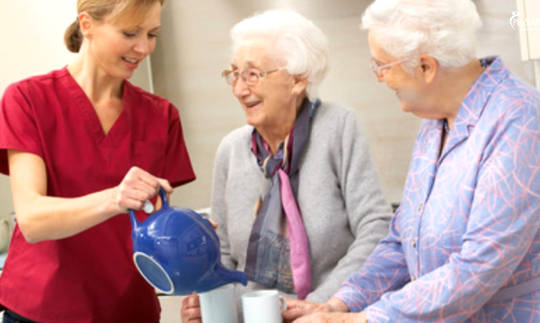 Parkinson’s disease is the second most common neurodegenerative disease after dementia, affecting more than ten million people worldwide. In Australia alone, more than 70,000 people have the disease – that’s one in every 340 Australians.
Parkinson’s disease is the second most common neurodegenerative disease after dementia, affecting more than ten million people worldwide. In Australia alone, more than 70,000 people have the disease – that’s one in every 340 Australians.
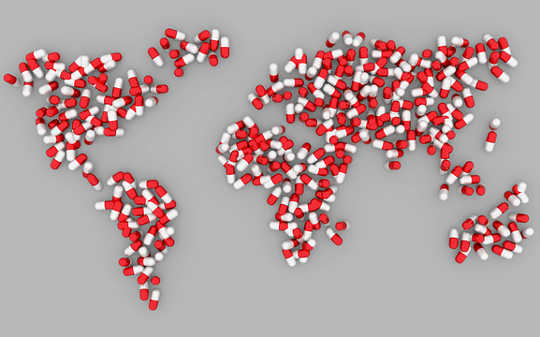 There are almost weekly alerts of the global threat of antibiotic resistance. They are often abstract and difficult for patients and GPs to relate to.
There are almost weekly alerts of the global threat of antibiotic resistance. They are often abstract and difficult for patients and GPs to relate to.
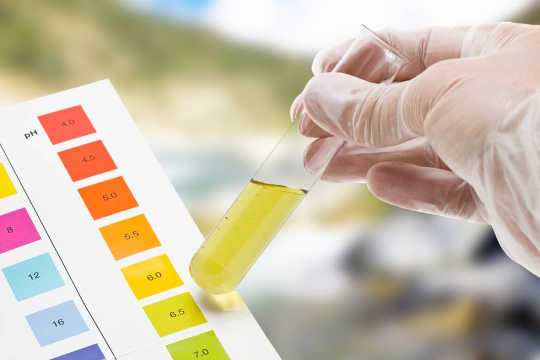 Doctors request a urine test to help diagnose and treat a range of conditions including kidney disorders, liver problems, diabetes and infections. Testing urine is also used to screen people for illicit drug use and to test if a woman is pregnant.
Doctors request a urine test to help diagnose and treat a range of conditions including kidney disorders, liver problems, diabetes and infections. Testing urine is also used to screen people for illicit drug use and to test if a woman is pregnant. ![]()
 Eating a diet that includes foods containing soy protein may work to alleviate some symptoms of inflammatory bowl diseases, a new study with mice suggests.
Eating a diet that includes foods containing soy protein may work to alleviate some symptoms of inflammatory bowl diseases, a new study with mice suggests.
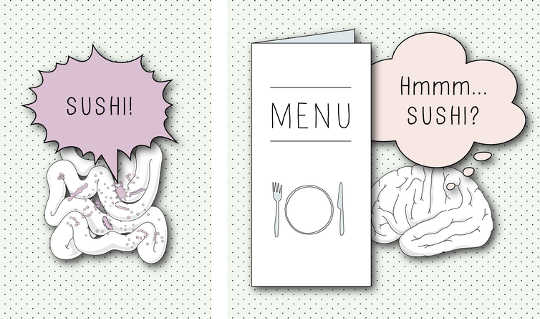
Most of us believe in free will, particularly when it comes to our eating habits. That’s why most people don’t regard obesity as a disease but rather a moral weakness or lack of willpower. But the free will argument has been taking a bit of a beating lately. ![]()
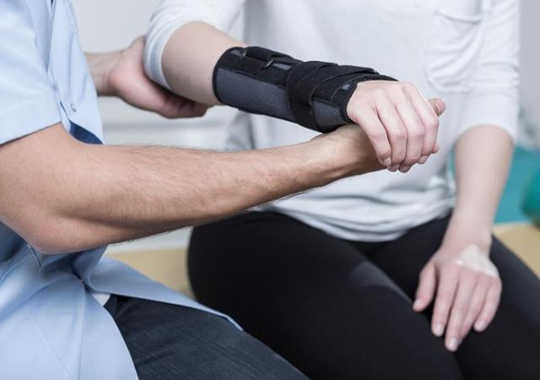 Postmenopausal women at the highest genetic risk for fractures benefit the most from hormone therapy, research shows.
Postmenopausal women at the highest genetic risk for fractures benefit the most from hormone therapy, research shows.
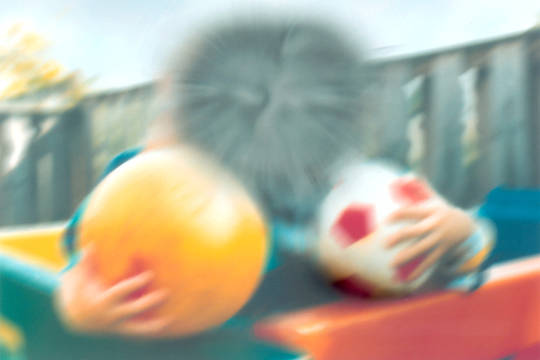 A set of snap-together glasses will help doctors demonstrate the effects of diabetic retinopathy, an eye disease that can result from uncontrolled diabetes and lead to blindness.
A set of snap-together glasses will help doctors demonstrate the effects of diabetic retinopathy, an eye disease that can result from uncontrolled diabetes and lead to blindness.
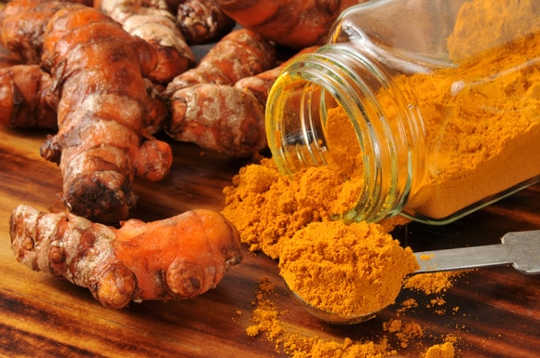
Turmeric is a yellow coloured spice widely used in Indian and South East Asian cuisine. It’s prepared from the root of a plant called Curcuma longa and is also used as a natural pigment in the food industry. ![]()
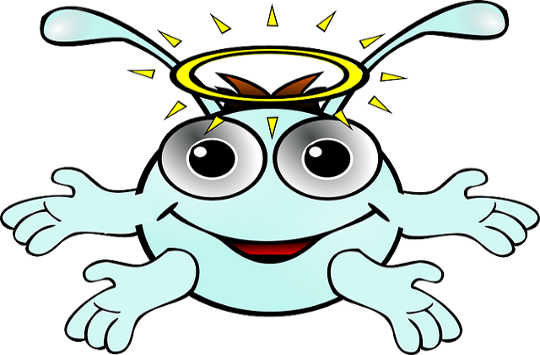 Gut bacteria could influence whether or not babies survive infections of the digestive system, new research with mice suggests.
Gut bacteria could influence whether or not babies survive infections of the digestive system, new research with mice suggests.
 As people with hearing loss work to improve their speech recognition, a familiar voice may work better than a generic one, research shows.
As people with hearing loss work to improve their speech recognition, a familiar voice may work better than a generic one, research shows.
 To justify President Donald Trump’s aim to spend less on social services, Office of Management and Budget Director Mick Mulvaney declared, “We can’t spend money on programs just because they sound good.” Who can argue with that?
To justify President Donald Trump’s aim to spend less on social services, Office of Management and Budget Director Mick Mulvaney declared, “We can’t spend money on programs just because they sound good.” Who can argue with that? ![]()
 A health "crisis" whether a physical, mental, emotional, relationship, or financial crisis in our lives — forces us to reflect on, re-evaluate, and change our current routines and thought patterns. Any form of disease is ultimately an opportunity to...
A health "crisis" whether a physical, mental, emotional, relationship, or financial crisis in our lives — forces us to reflect on, re-evaluate, and change our current routines and thought patterns. Any form of disease is ultimately an opportunity to...
















